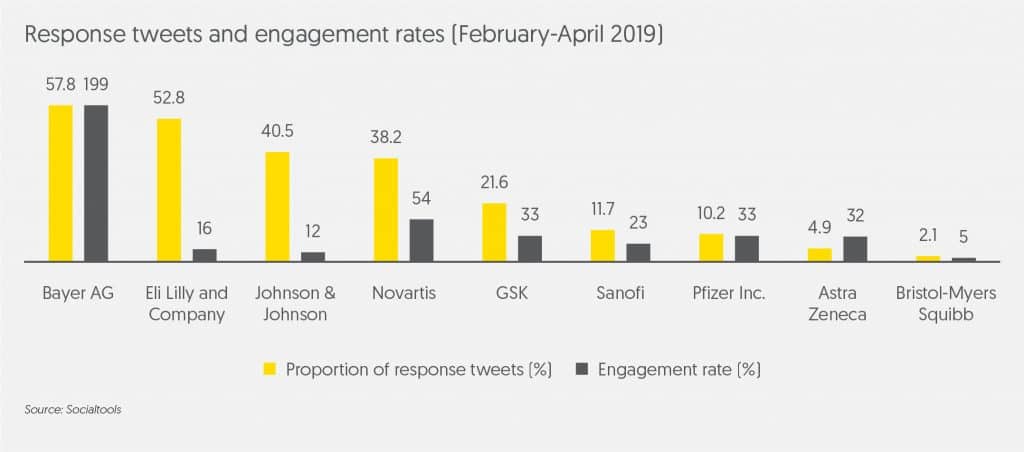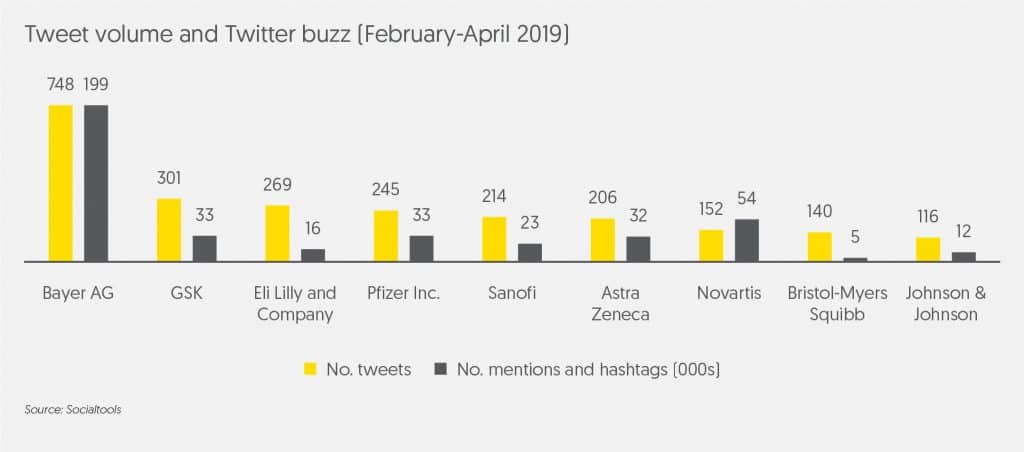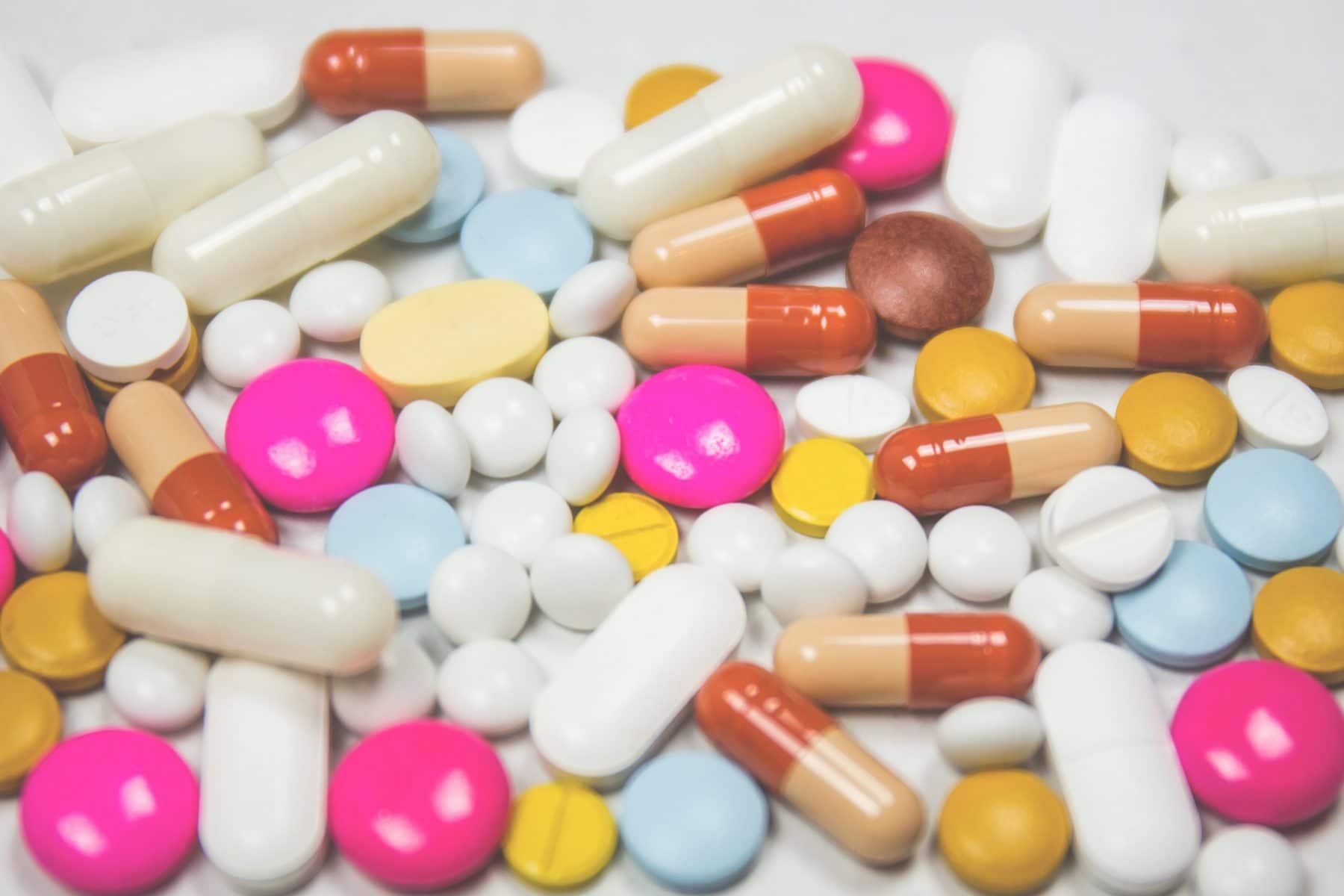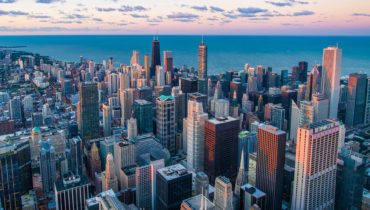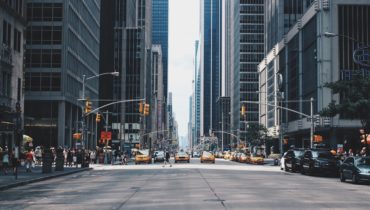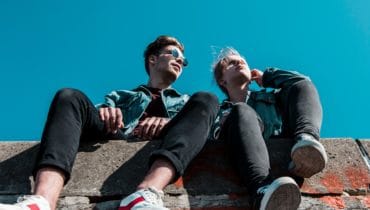Marketing imperatives
- Pharma brands should use social media to foster positive relationships with experts
- The more a pharma brand tweets, the more Twitter buzz it will generate
- Brands are more likely to engage their followers if they take part in conversations with them
Pharmaceutical companies tend not to have huge followings on social media: consumers tend to be more interested in individual healthcare brands than the companies that own them. Instead, their followers are more likely to be industry experts and specialists – the kind of people whose recommendations heavily influence consumers’ opinions. Positive interactions with these specialists can therefore improve consumers’ experience of these companies’ brands substantially.
There are two ways of measuring the volume of interactions on Twitter. The first is to look at the number of times a brand is mentioned (as @’brand’) or placed in a hashtag (#’brand’) by any user, whether they are followers of the brand or not. The second is to measure the engagement rate, which is the number of times that a brand’s followers engage with the average tweet, an engagement being a retweet, mention or hashtag.
As the chart below shows, there is a lot of variability across both measures for the top pharmaceutical brands on Twitter.
The number of mentions and hashtags over the course of three months ranges from 5,000 to 199,000, while the engagement rate ranges from 0.03% to 0.17%. Bayer AG came top in both measures, while Bristol-Myers Squibb came bottom in one and joint-bottom in the other. Obviously the amount of Twitter buzz sparked by an account will relate to the content and tone of its tweets. But we decided to take a look at the other indicators of account activity monitored by our proprietary Social tools research, to determine what Bayer AG is doing right and Bristol-Myers Squibb is not.
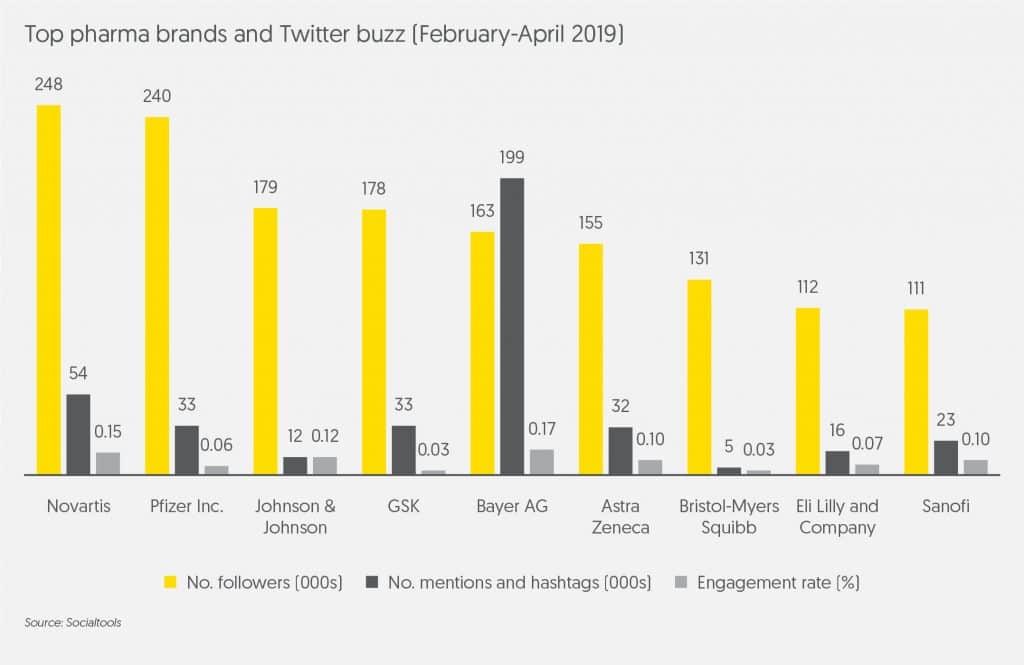
The first result that jumped out was a very strong correlation (of 92%) between the number of tweets and the number of mentions and hashtags. From February to April 2019, Bayer AG tweeted more than twice as often as the next-most-prolific brand, GSK, and generated 199,000 mentions and hashtags, almost as much as the other eight brands combined (208,000). There’s a very simple way for pharma brands to get people talking about them: say more themselves.
The second result was a weaker correlation (58%) between the proportion of tweets that are responses to another account and engagement rates. Bayer AG again topped both measures, with 58% of its tweets responding to other Twitter accounts between February and April 2019. Bristol-Myers Squibb was bottom for both, with just 2.1% of its tweets being responses. Pharma brands are more likely to have an active and engaged relationship with their followers if they respond to their questions and take part in conversations, rather than simply make announcements.
Socialtools is Zenith’s proprietary social content performance tracking tool. Socialtools is currently tracking the daily performance of 185,000 pages across six social platforms (Facebook, Twitter, YouTube,
Instagram, LinkedIn and VKontakte), providing evaluation of the effectiveness of social content for brands and their competitors in 195 countries. Socialtools charts show performance trends across a wide variety of social engagement metrics. The brand performance data, norms and rankings provide insights into social media best practices for brands in 21 macro categories and 135 categories.
